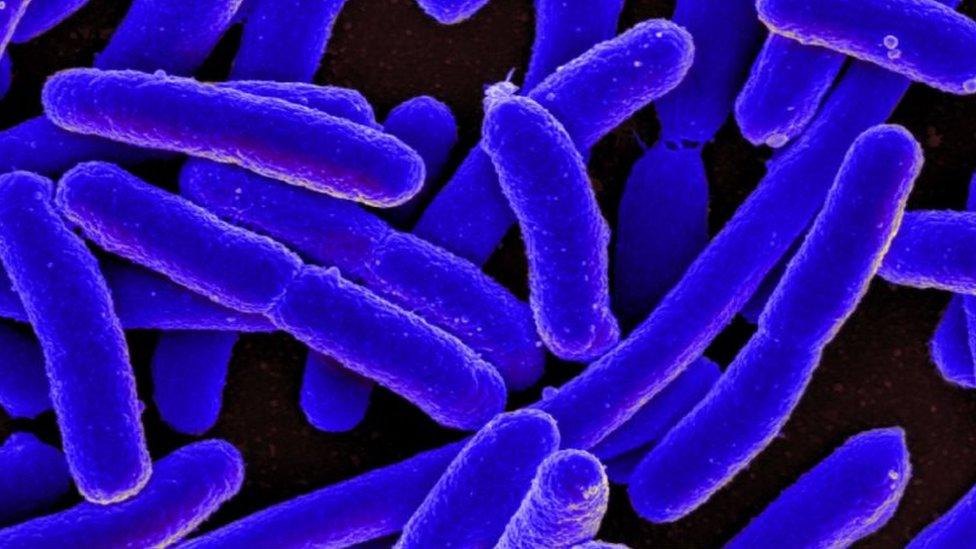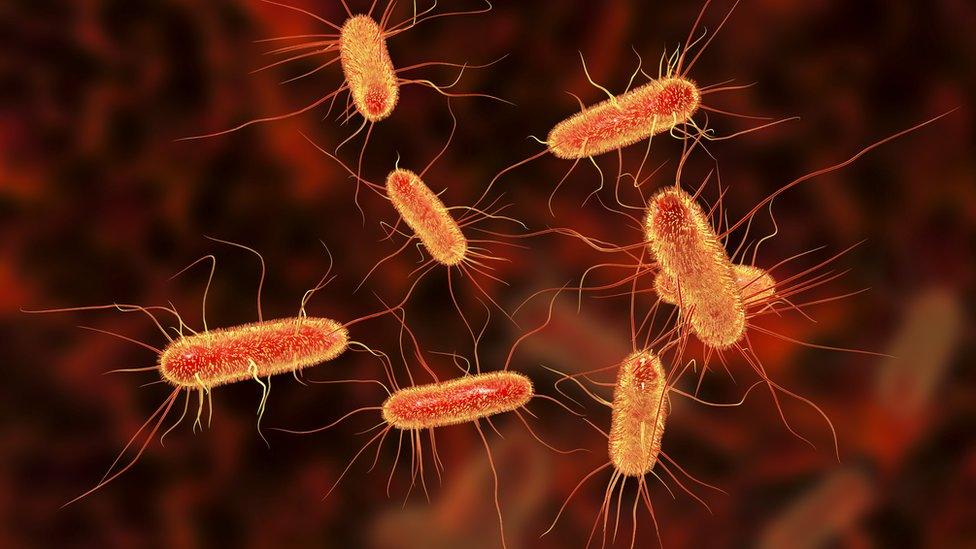Charnwood E. coli deaths 'likely to be environmental'
- Published

The siblings died from a rare complication of E. coli that affects the kidneys
The source of E. coli that killed two children from the same family was "most likely environmental".
The siblings, from the Charnwood area of Leicestershire, died from a rare complication of the infection affecting the kidneys earlier this month.
Public Health England (PHE) said the source had not been found, but it could be "soil or faecal matter".
PHE said it was investigating the deaths to find out what caused them to develop hemolytic-uremic syndrome.
The syndrome is a complication of E. coli that affects the kidneys.
PHE said the children, whose ages have not been released, were treated after contracting E. coli.
The cases have not been treated as an outbreak.
Hand hygiene
Dr Lauren Ahyow, consultant in communicable disease control at PHE East Midlands, said: "It is important to be aware that in incidents of this kind it is not always possible to conclusively confirm a source.
"A number of samples are still being processed, [but] early indications are that the source is most likely environmental and much less likely to be from the food chain or a water source.
"We know that the bacteria causing the infection can survive in the environment."
She added that young children and elderly people were more prone to develop complications associated with E. coli.
Dr Ahyow reiterated advice on the importance of hand hygiene after contact with animals, including pets, to prevent the spread from person to person.

How dangerous is E. coli?

E. coli is a type of bacteria present in the gut of humans and animals
Most strains are harmless - but some can cause cramps and diarrhoea, and other severe illnesses
E. coli can be fatal, often after people have consumed contaminated food
The internal organs, like the liver and kidneys, are affected and start to shut down

Follow BBC East Midlands on Facebook, external, Twitter, external, or Instagram, external. Send your story ideas to eastmidsnews@bbc.co.uk, external.
- Published4 October 2018
